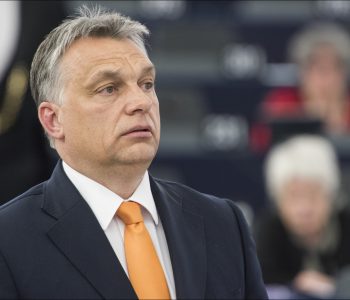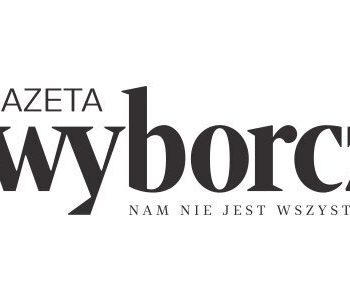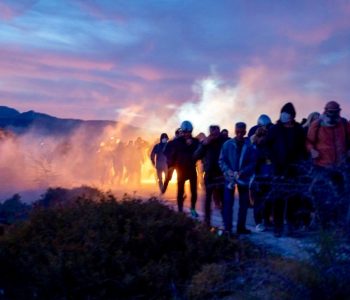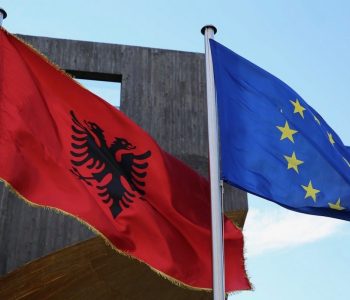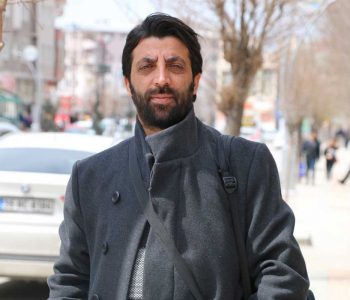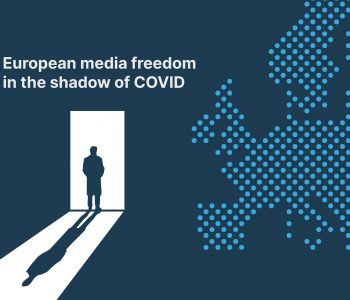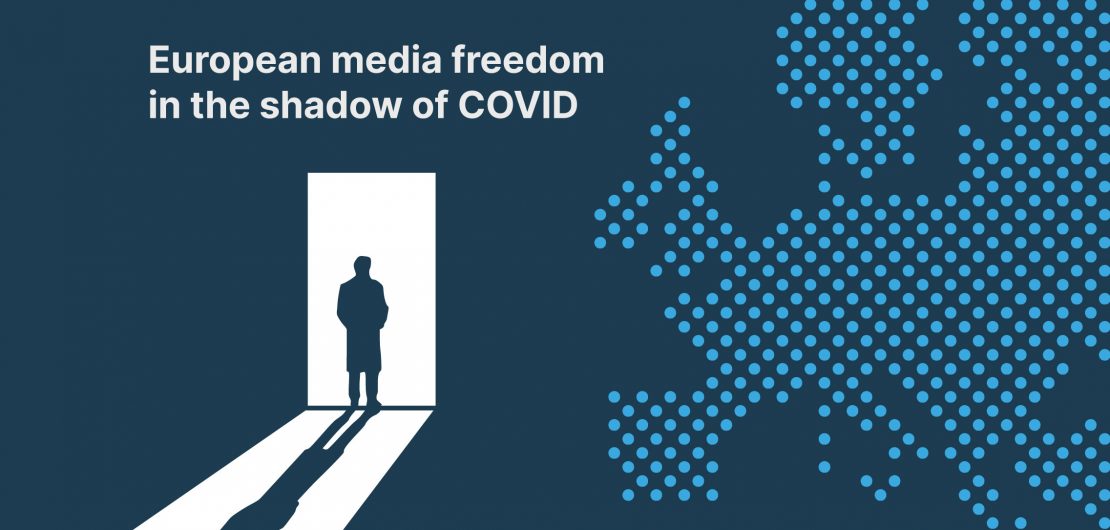
In Hungary a government rattled by the pandemic finds…
In Hungary a government rattled by the pandemic finds new ways to suppress independent media
Part of IPI’s series, Europe media freedom in the shadow of Covid, authored by IPI correspondents across Europe
IPI correspondent, Marton Bede charts the enduring decline in media freedom, pluralism and independence in Hungary and what the recent blocked license renewal of Klubrádió means for independent media outlets across the country.
